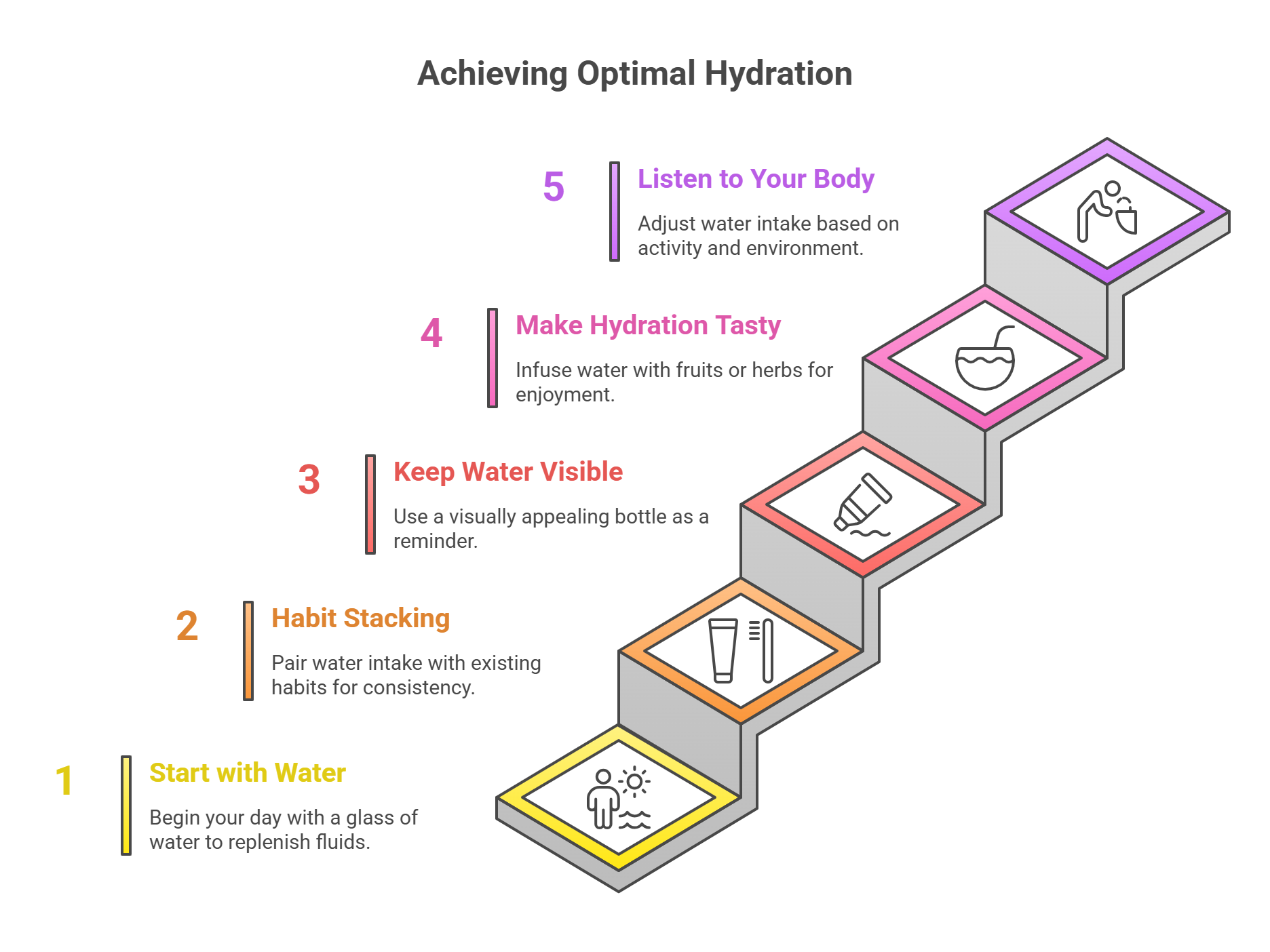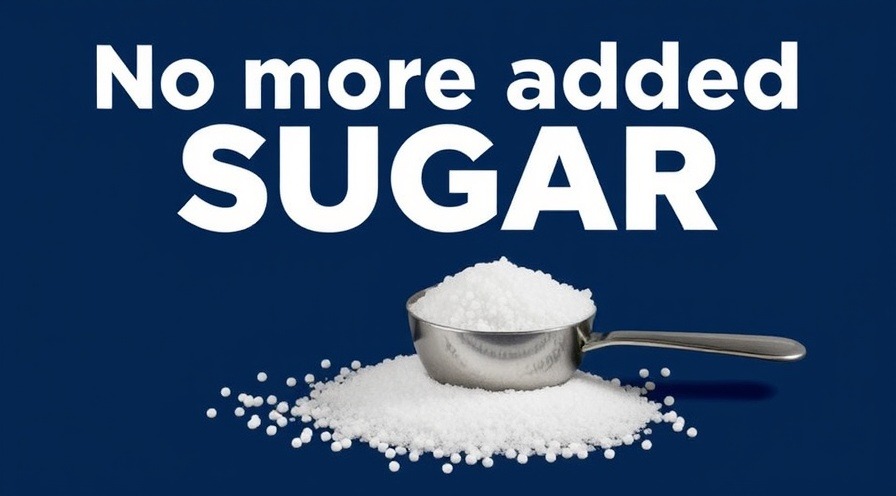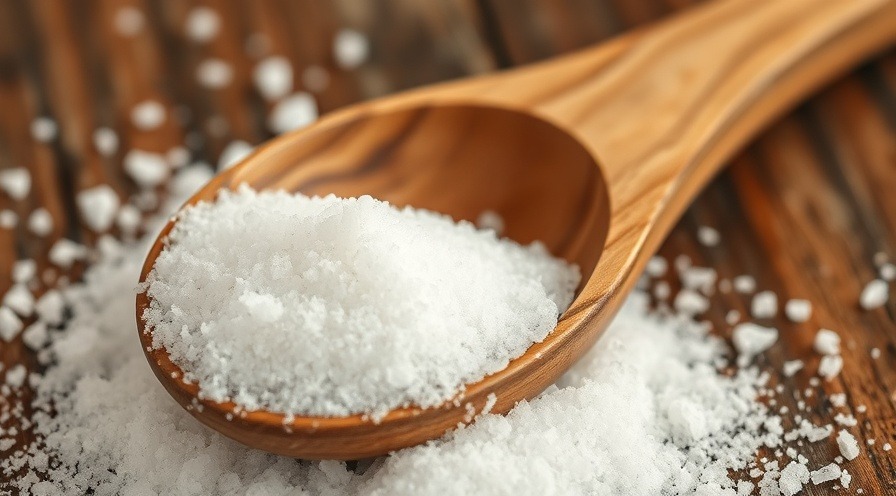
The Critical Connection Between Hydration and Brain Function
Have you ever experienced a sluggish day where focusing on even simple tasks seems insurmountable? While poor sleep and stress may often be the main culprits, one vital factor frequently overlooked is dehydration. As highlighted by psychiatrist Dr. Tracey Marks, something as simple as drinking enough water plays a key role in maintaining your mental clarity, mood, and overall brain function.
In 'Hydration and Brain Function: Why Water is Your Mind's Best Friend', Dr. Tracey Marks discusses the critical role hydration plays in cognitive health, prompting us to delve deeper into its significance and practical strategies.
Your brain, comprising about 73% water, operates at peak efficiency when it stays well-hydrated. Interestingly, just a 1 to 2% drop in body water can significantly impair cognitive performance. This level of dehydration often occurs without you even realizing it—perhaps after a restless night of sleep or during long stretches without fluid intake.
Understanding How Hydration Affects Brain Health
When we talk about hydration, we’re not just discussing fluid intake but also how it influences critical physiological processes. Dehydration compromises electrolyte balance, which can slow down nerve signaling crucial for efficient brain communication. This disruption leads to mental sluggishness and a foggy thought process.
Moreover, neurotransmitter activity—essential for regulating mood and motivation—depends heavily on hydration. Water is essential for synthesizing brain chemicals like dopamine and serotonin. Furthermore, dehydration impairs the body's ability to produce cerebrospinal fluid, which is vital for nutrient transport and waste clearance around the brain. These deficits result in an inability to concentrate, reduced energy, and even potential long-term memory issues.
Hydration as a Tool for Resilience
Effective hydration directly contributes to enhanced mental resilience, which involves the brain’s ability to perform under stress and maintain emotional stability. Engaging in simple habits, such as prioritizing your water intake, can lead to a dramatic improvement in your daily mental performance. It serves as a resilience multiplier—simple acts manifesting into significant benefits across various areas, from focus to emotional clarity.
So how can we ensure that hydration becomes an effortless part of our daily routine? Establishing a consistent habit requires a few easy steps that can make all the difference.
Five Practical Tips for Better Hydration
Dr. Marks suggests a series of strategies:
Start Your Day with Water: Begin each morning with a drink of 12-16 ounces of water before reaching for your coffee. This helps wake up your brain and kick-starts your day by replenishing fluids lost during sleep.
Habit Stacking: Pair your water intake with an already established morning habit, like brushing your teeth or making coffee. This technique makes remembering to hydrate feel natural and easy.
Keep Water Visible: Out of sight equals out of mind, especially when busy. A visually appealing water bottle can serve as a constant reminder to drink.
Make Hydration Tasty: If plain water doesn’t entice you, infuse it with fruits or herbs. The added flavors can make the act of drinking water enjoyable.
Listen to Your Body: Aim to drink roughly half your body weight in ounces daily and adjust based on your activity level and environment.
The goal of staying hydrated becomes more attainable, seamlessly blending into your day-to-day routine.

Embracing Hydration for Enhanced Focus and Mood
It is essential to recognize that cognitive performance can be severely compromised when hydration is neglected. If you often find yourself feeling drained, anxious, or unfocused, reaching for a glass of water before that cup of caffeine might be crucial for recalibrating your mental state. A simple adjustment can lead to noticeable improvements in brain function.
In sum, the integration of adequate hydration into your daily life fosters better emotional regulation and enhances decision-making capabilities. It is a small effort that provides significant returns regarding your cognitive health.
 Add Row
Add Row  Add
Add 




 Add Row
Add Row  Add
Add 

Write A Comment